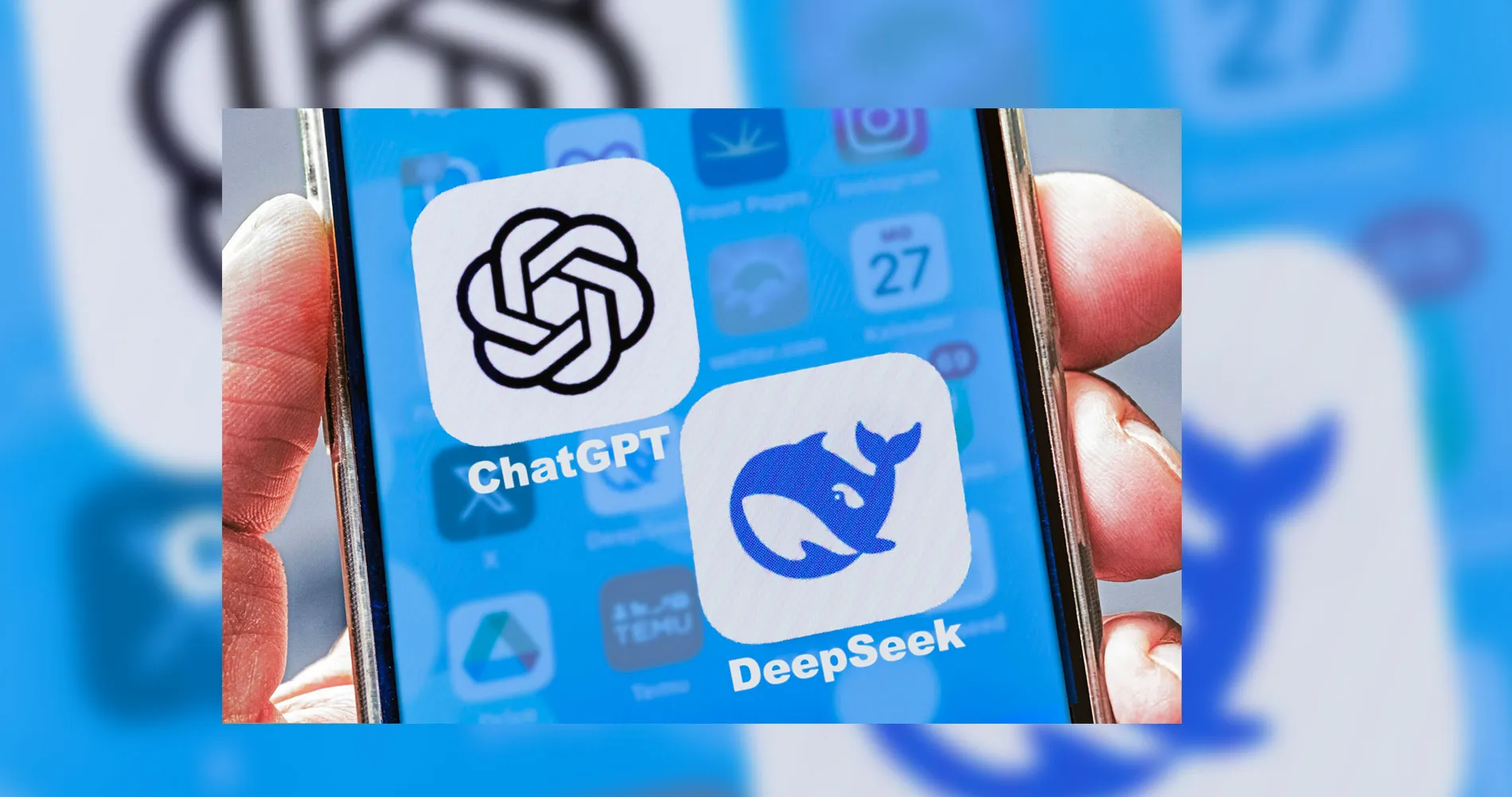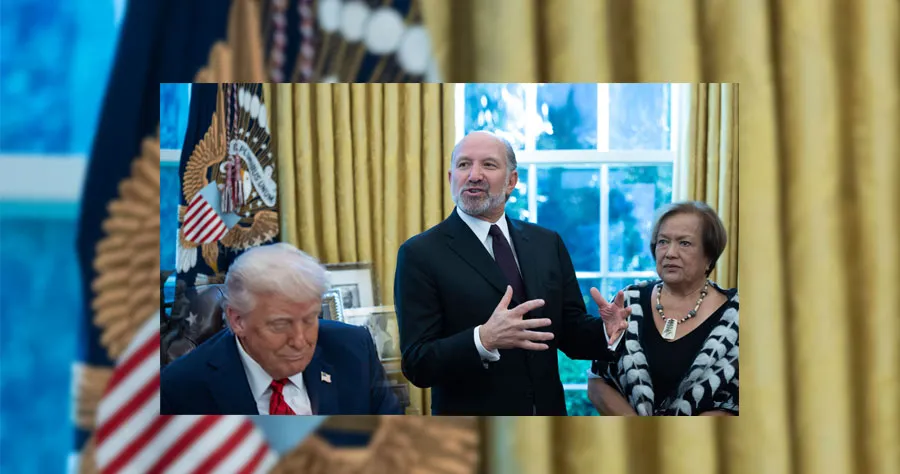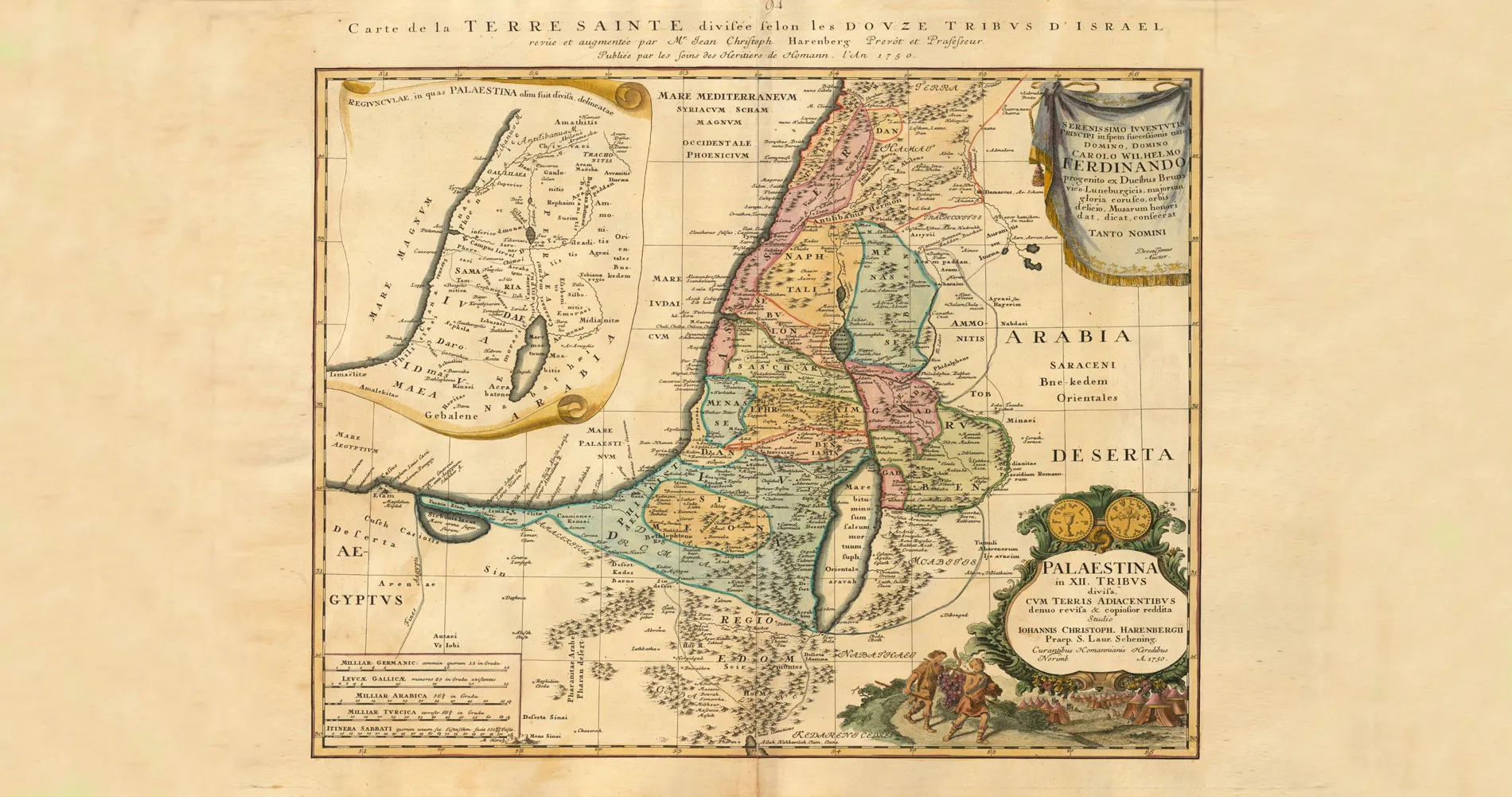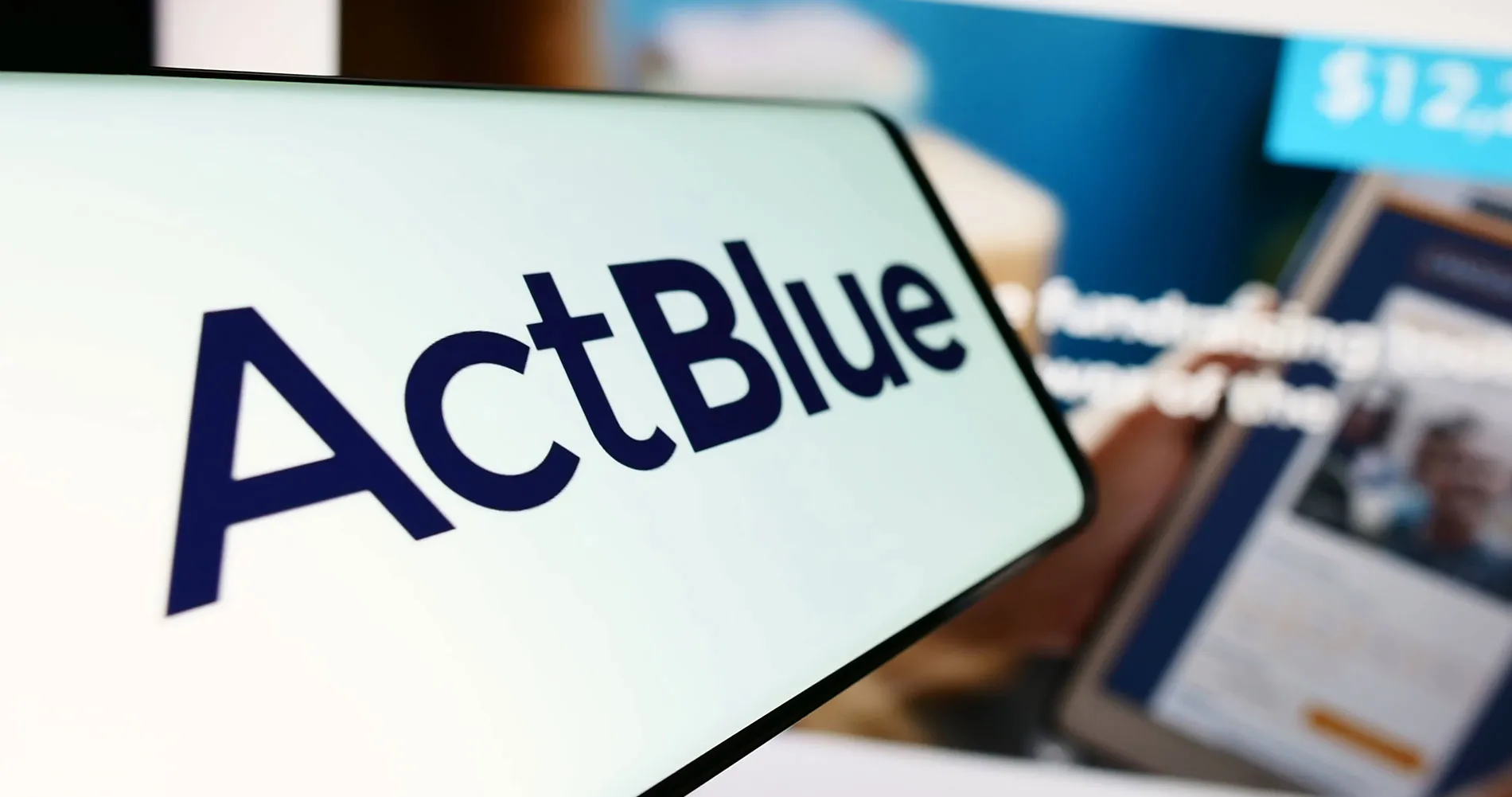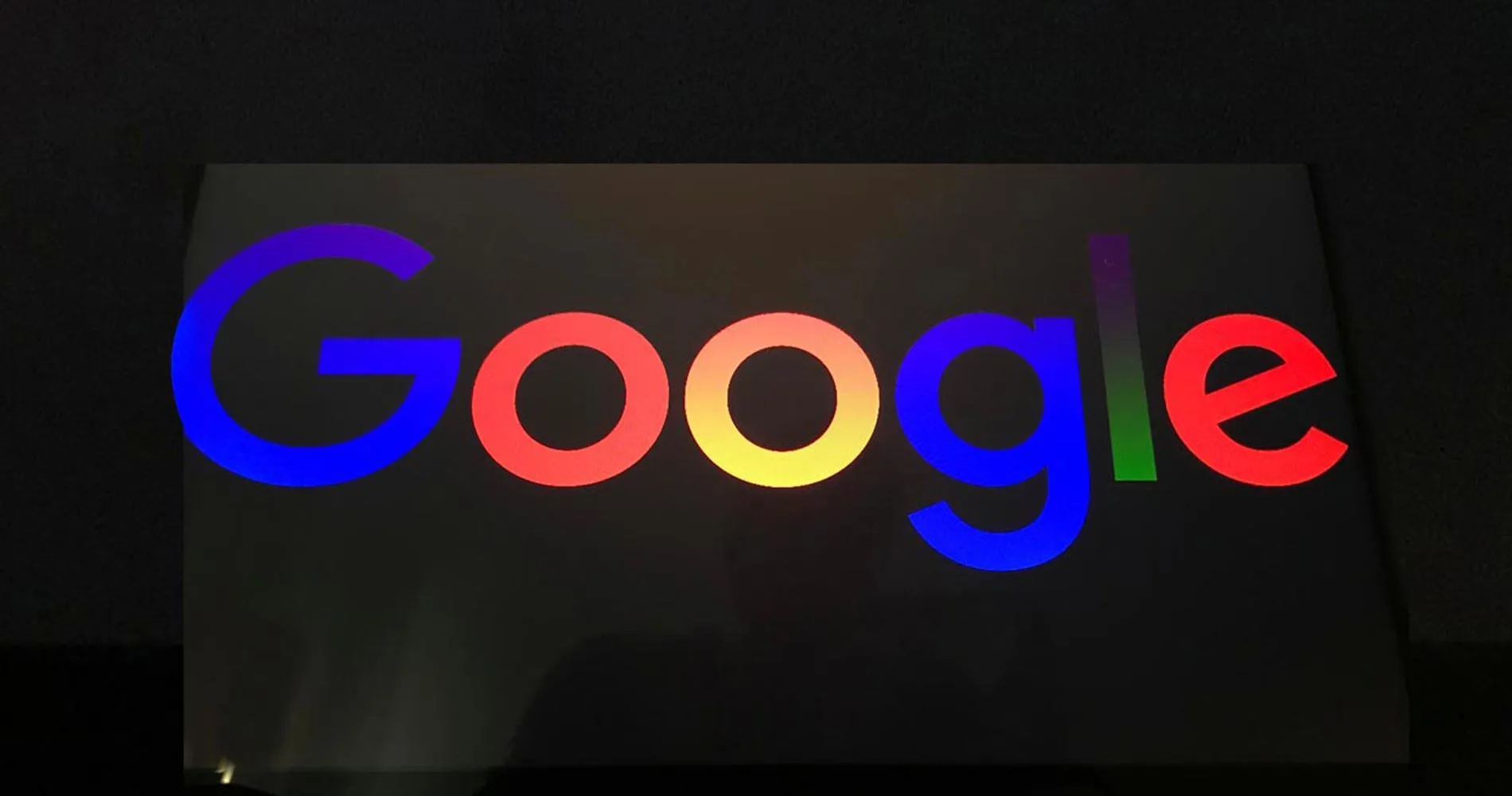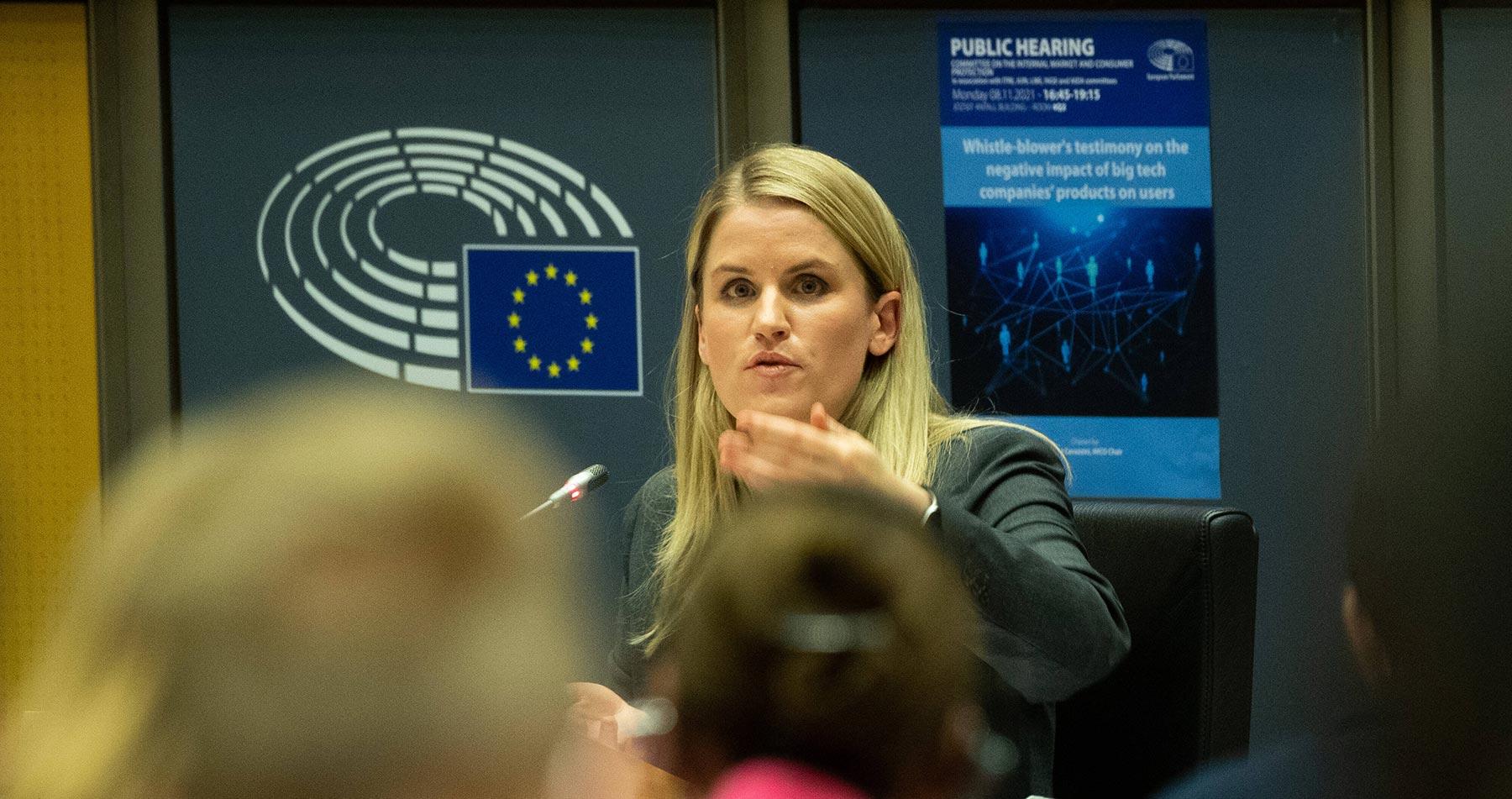With the Artificial Intelligence tech race in full swing, China and the US continue to compete for AI dominance. Since being released to the public in January 2025, China’s DeepSeek AI model has rocketed to the most downloaded app in the US, UK, South Korea and many more countries. The creation of a premium-grade AI tool at a reportedly much cheaper cost sparked a sharp sell-off of American tech stocks, wiping out billions of USD from Wall Street, and shaking the belief that Silicon Valley is the world’s prime location for technology development.
Eimhin McGann
7 May 2025
Chinese version | German version
DeepSeek’s month of glory is now over, as US and others ban the software following a litany of privacy concerns. But is DeepSeek the only AI model in trouble? Should we also be concerned about more familiar companies such as OpenAI’s ChatGPT?
China’s DeepSeek AI model has made waves recently, not all of which has been positive. The Chinese startup created by 39-year-old Liang Wengfeng is an AI powered chatbot app which looks and acts very much like ChatGPT developed by OpenAI and launched in 2022. Wengfeng was already working on AI as early as 2016 and founded DeepSeek in 2023 with the aim of bridging the tech gap between China and US. Merely days after the introduction of this app in the West on 20 January 2025, DeepSeek was downloaded 1.9 million times on the Google Play Store.
Since its release, implications of using either the free and premium-level versions of DeepSeek, the Chinese AI model, have come to light. Feroot, a Canadian cybersecurity company, has discovered hidden code within DeepSeek, capable of transmitting user data to China Mobile, a Chinese state-owned telecom company that has previously been delisted from the New York Stock Exchange owing to privacy concerns.
DeepSeek creates a digital fingerprint of its users, allowing the Chinese government to track them across multiple websites. In an interview with ABC News, Feroot CEO Ivan Tsarynny stated “We see direct links to servers and companies in China that are under government control. This is something we have never seen in the past”.
The security concerns raised by Feroot coincide with a recent accusation by The Personal Information Protection Commission the South Korean data protection regulator, claiming that DeepSeek has been sharing user data with ByteDance, the Chinese company that owns TikTok. Despite ByteDance being owned by several global investors, it is headquartered in Beijing, and China’s National Intelligence Law allows the state to access any data it desires from Chinese or China-based firms. Article seven of this law states that: “All organizations and citizens shall support, assist, and cooperate with national intelligence efforts in accordance with law, and shall protect national intelligence work secrets they are aware of.” This is not the only law in China which calls for data and intelligence sharing by companies and individuals.
DeepSeek has also been criticized for its moderation policies. Users have reportedly been given carefully curated responses, or no response at all, to questions sensitive to China’s ruling Communist Party, such as defining the relationship between mainland China and Taiwan.
DeepSeek has already been banned in institutions such as the US Navy and NASA, as well as in Taiwan, Australia and South Korea, all of which cite “security reasons”.
Aaron Snoswell, senior research fellow in AI at the Queensland University of Technology Generative AI Lab, says that “DeepSeek, OpenAI and Meta claim they collect people’s data such as their account information and activities on the platforms. But DeepSeek adds that it collects ‘keystroke patterns, which can be as uniquely identifying as a fingerprint.’”
When asked about the concerns with DeepSeek’s position on allowing the sharing of user data with other corporate entities, Snoswell said “It’s way more permissive than anything you’d see from a Western software company”
Despite the valid concerns about DeepSeek, western companies are not without critics and scrutiny. In March 2023, GPDP (Garante per la Protezione dei Dati Personali), Italy’s Data Protection Authority) banned ChatGPT following concerns that users’ privacy was not being protected, saying that “there was no legal basis to justify the mass collection and storage of personal data for the purpose of ‘training’ the algorithms underlying the platform”. Data regulators in Germany, France and Ireland, who are considering the security and privacy implications of ChatGPT and other AI tools, are in dialogue with the GPDP.
OpenAI has protested these regulations, saying that a user can opt out of data collection and ‘model improvement’ by filling out a form. This means that by default OpenAI stores and processes information sent to ChatGPT, and OpenAI freely admits to storing a plethora of user information as per their Privacy Policy page.
It is notable that this OpenAI Privacy Policy is only for the European Union, which has imposed stricter privacy regulations on AI companies than elsewhere. Therefore, other countries may discover that user data is being shared more widely than expected.
The West’s outrage at DeepSeek sharing private user information with ByteDance could be countered with the fact that ChatGPT’s privacy policy states that OpenAI “may disclose Personal Data to vendors and service providers, to government authorities or other third parties”.
While ByteDance is considered a security risk owing to its close relationship with the Chinese government, the degree of separation between US AI companies and the US government remains ambiguous.
Since the start of Donald Trump’s second administration, US Big Tech CEOs such as Mark Zuckerberg, Sam Altman and Jeff Bezos have been keen to earn his favor. This being the case, civil society should deal with the real implications of government relations with private enterprises.


